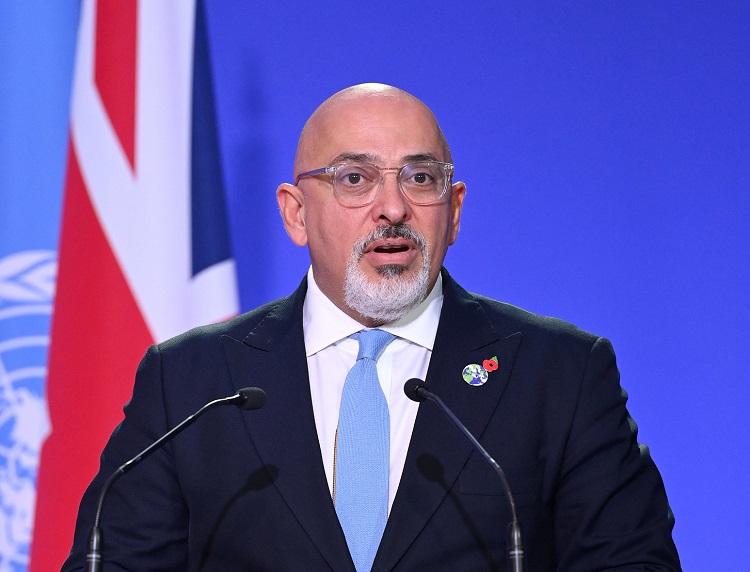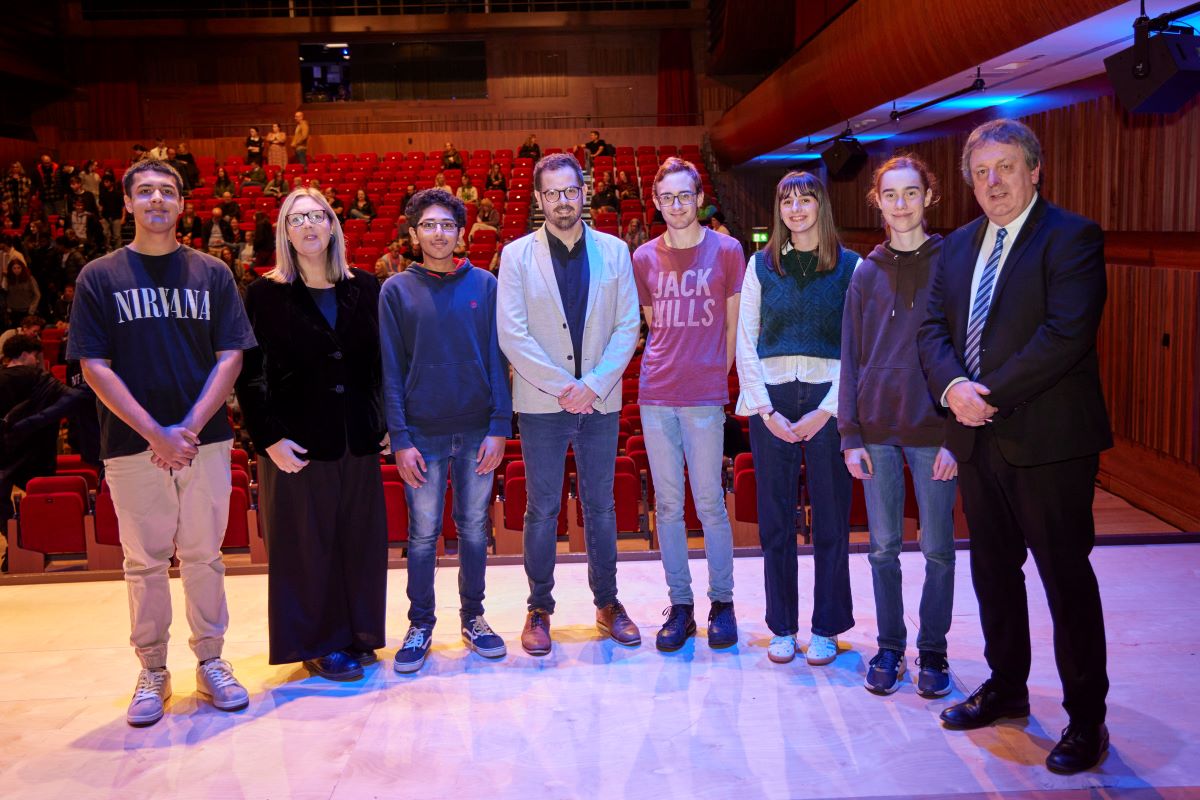Government questioned about keeping schools open in face of Covid and the new omicron variant

The Parliamentary Under-Secretary of State for Education answered emergency questions in the House of Commons today on keeping schools open in face of Covid and the new omicron variant

Commenting, Paul Whiteman, general secretary of school leaders’ union NAHT, said:
“Everyone is concerned about how the impact of the new variant will play out over the next few weeks and the implications for January. No-one wants to see the sort of disruption to education that we experienced last winter.
“School leaders are telling me that this has been the hardest term of the whole pandemic. There has been a significant jump in Covid cases in schools over the last week, amongst both staff and pupils, as the new variant has started to spread.
“School leaders remember all too clearly the chaos and last-minute government decisions that took place last year and will be making contingency plans in case the situation gets worse. That is just the sensible and responsible thing to do.
“It is essential that government give schools as much notice as possible if they are planning to make any changes to the guidance for January. Whilst we recognise this is a rapidly changing situation, we cannot have a repeat of last year where schools were given less than 24 hours’ notice of important changes.
“The government needs to think very carefully about the mitigations it needs to take to keep schools open next term. Ventilation is crucial in the fight against the spread of Covid in classrooms but the government is not providing air purification devices for all schools. We simply cannot work on the basis that only those schools that can afford air purification devices are able to access them. The government owes all children a safe and comfortable environment in which to learn, with minimum disruption to education. If air purifiers can help with that, then they must be available to all.
“The government also needs to remove unnecessary burdens like inspection, pointless assessment exercises and other bureaucratic procedures that feed the Westminster machine but do little to support schools at this difficult time.”
Both Secretaries of State for Health and Education refuse to rule out the possibility of school closures due to Covid

14th Dec 2021: Commenting on reports of schools closing early for Christmas, Paul Whiteman, general secretary of school leaders’ union NAHT, said:
“NAHT members tell me that this has been the hardest term of the whole pandemic. They are determined to keep children in school but need support and cooperation more than ever before. Schools and families alike are nervous about the spread of the omicron variant, so close to Christmas. School leaders are remembering the chaos and last minute government decisions that took place last year – this must not happen again.
“The few schools that have had to close have done so on the advice of public health teams. Some parents are choosing to keep their children off from school as they are so concerned. Many schools are struggling with the levels of Covid amongst both staff and pupils, which have shot up in the last week.
“Given how bad it’s got this term, the government needs to think very carefully about the mitigations it needs to take to keep schools open next term. As we wait for the vaccination programme to gather pace government needs to remove unnecessary burdens like inspection, pointless assessment exercises and other bureaucratic procedures that feed the Westminster machine but do little to support schools at this difficult time.”
Commenting as both the Secretaries of State for Health and Education refused to rule out the possibility of school closures due to Covid, Paul Whiteman, said:
“School leaders and their teams have been working tirelessly to keep children in school. They are the very last to want to see schools close.
“But I am pleased to see the that both the Secretaries of State for Health and Education are showing a bit of realism here. It is already chaos in some schools as the omicron wave hits. Delaying action until vaccination can take hold may actually keep children away from school longer in the long-term. We would urge the government to take every safety measure possible while maintaining face-to-face education, in order to avoid longer-term school closures.
“Infection rates in schools have been growing unabated for a long time. Simply relying on the fact that children tend to suffer less from the virus is not good enough. We have to account for further transmission too.
“The government must act now to deliver ventilation solutions, sensible and effective isolation protocols, and lift the unnecessary pressure of inspection and other bureaucratic burdens. That way we can concentrate on keeping children where they should be.”
Proposed Bill calls for ‘triple lock’ to prevent school closures
2nd Nov 2021: Commenting on a Bill to be proposed this week by Robert Halfon MP, chair of the Education Committee, to introduce a ‘triple lock’ to prevent any future school closures, including a Parliamentary vote,

Nick Brook, deputy general secretary of school leaders’ union NAHT, said:
“No-one wants to see any further school closures. School leaders have seen first-hand the impact that Covid lockdowns had on the learning and wellbeing of their pupils and they have been working tirelessly to support children since day one of the pandemic.
“But this Bill misses the point. Rather than thinking about political mechanisms to prevent school closures, we need the government to do far more to help keep classes open.
“The reality is that currently thousands of pupils are missing out on face-to-face education as a result of record numbers of Covid cases in schools. Disruption to education is rife because of the government’s failure to do more to prevent the spread of Covid in classrooms.
“No-one has a crystal-ball to know what situations we may face in the future. Whatever the future holds, we need to be confident that government balances the advice of all relevant experts in determining the appropriate course of action, aware of the consequences on health, education and wellbeing of decisions taken. Parents and schools alike need to be confident that government will make the right decision, on the balance of evidence, in a timely way – when any delay could have disastrous consequences.
“Triple-locking the stable door after the horse has bolted will do nothing to address the learning loss experienced from lockdown and the growing mental health crisis in schools. Right now, the government should be focused on providing schools with the support they need to stay open: funding to meet ever-growing supply costs, help to improve key mitigations such as better ventilation, and an effective track and trace systems to ensure cases are identified early.”











Responses